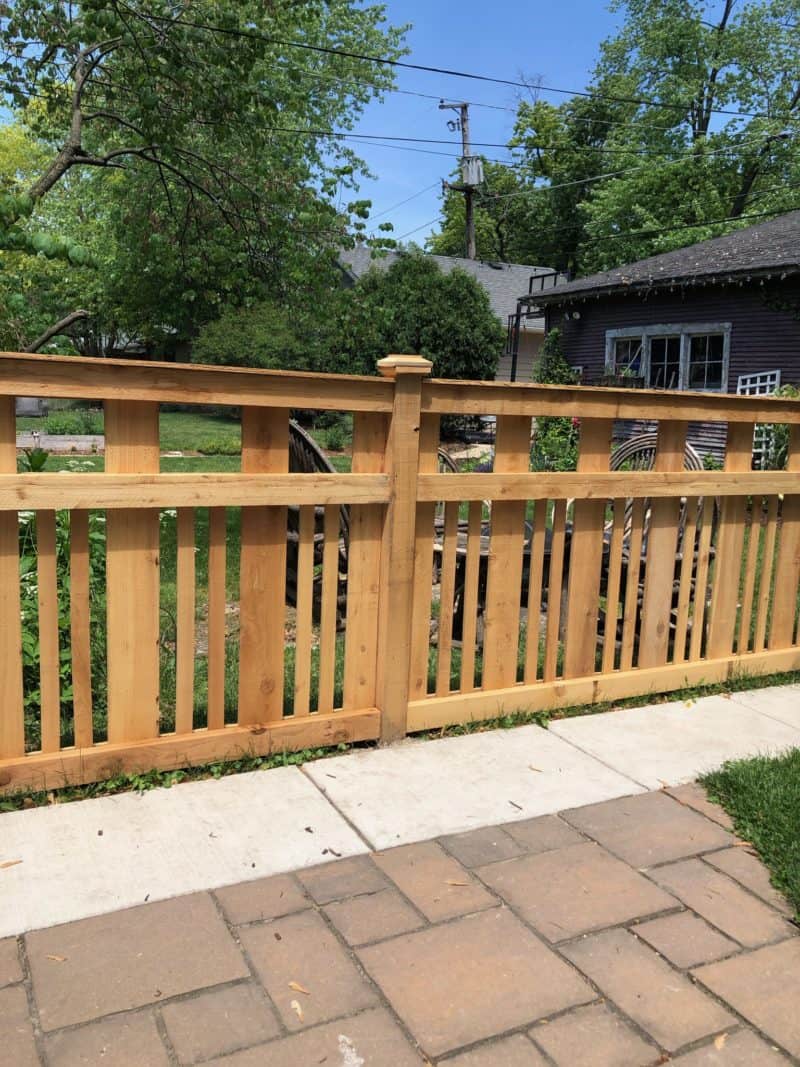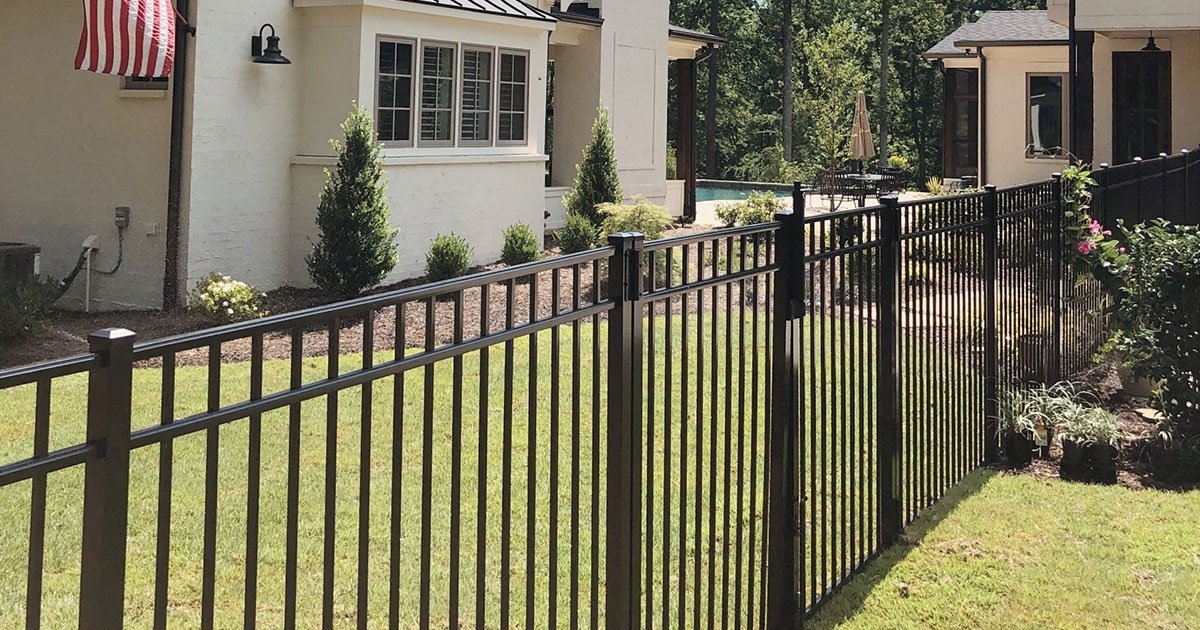All Categories
Featured

Picking the best kind of fencing for your residential property is a substantial decision that can influence both the looks and functionality of your area. Whether you're trying to find privacy, protection, or merely an ornamental attribute, there are various variables to consider when choosing the ideal fencing. Below are some vital considerations to help direct your decision-making process.
- Determine the Purpose of the Fence. The initial step in choosing the appropriate kind of fence is to clarify its function. Various fences offer various functions, and understanding your specific demands will certainly help limit your options. Consider the following:
Privacy: If you're seeking privacy, a high and solid fencing such as wood or vinyl will prevent prying eyes from seeing right into your backyard. Safety and security: For security purposes, a strong, tall fence made from light weight aluminum or steel can discourage burglars and give assurance. Visual Allure: An attractive fencing made from wrought iron, aluminum, or picket-style wood can add charm and curb attract your residential or commercial property. Pet Dog or Animal Containment: If you require to have pets or livestock, a sturdy fence like chain link or wood might be necessary to avoid them from leaving. 2. Take into consideration the Product. It's time to choose the material once you've established the fencing's primary purpose. Each sort of product features its own collection of advantages and difficulties. Here are some typical materials to think about:
Wood: Timber fences are versatile and adjustable, offering privacy and a timeless appearance. They're excellent for rural buildings or standard homes yet require normal upkeep to avoid rot, warping, or pest invasion. Plastic: Vinyl fencings are low-maintenance, durable, and offered in a variety of designs. They will not split, warp, or discolor, making them a terrific choice for those who want a lasting, convenient fencing. Vinyl can be a lot more costly ahead of time than wood. Aluminum: Light weight aluminum fencings provide a sleek, contemporary look and are sturdy, rust-resistant, and need very little upkeep. They generally don't supply as much personal privacy as wood or plastic, as the slats are commonly spaced apart. Chain Link: Wire mesh fence are frequently used for protection or to contain pets. They are resilient and budget-friendly, however they do not supply much personal privacy or visual appeal unless you add slats or personal privacy displays. 3. Aspect in the Climate and Upkeep Needs. Your region's climate can considerably influence the life expectancy and maintenance needs of your fencing. If you stay in a location with high moisture or frequent rain, products like wood may require added treatment to prevent rot or mold development. On the various other hand, plastic and aluminum fencings are immune to the components and need much less upkeep.
Additionally, consider the quantity of time and initiative you're eager to devote to fence maintenance. Timber fencings require normal discoloration or paint to keep their look, while vinyl and light weight aluminum call for far less maintenance.
- Think of Durability and Life expectancy. Think about for how long you want your fence to last. , if you're looking for a fencing that will last for decades with little maintenance, vinyl and aluminum are exceptional selections.. While timber fencings can last 10-20 years with appropriate treatment, they may not hold up against the examination of time in addition to various other materials.
Additionally, consider your spending plan. Products like wood and chain link have a tendency to be even more economical upfront, while plastic and light weight aluminum often tend ahead with a higher preliminary expense yet offer lasting toughness.
- Match the Fence to Your Building Design. The kind of fence you choose must enhance the overall feel and look of your residential or commercial property. A well-chosen fencing can improve your home's visual appeal, while a badly selected fence can diminish it. As an example:
Conventional Residences: A classic wood picket fence or a wrought iron fencing works well with older, extra traditional homes. Modern Residences: For a contemporary appearance, streamlined materials like light weight aluminum or plastic can complement modern-day architecture. Rural or Ranch Characteristics: A wood or cord fence may be suitable for rural homes or farms, where functionality is simply as crucial as appearances. 6. Examine Local Regulations and HOA Standards. Prior to making your last choice, check your regional zoning policies and any kind of HOA (Homeowners Association) standards to make sure that your preferred fence abide by height restrictions, material needs, and various other regional legislations. Some locations have certain policies concerning the appearance of fences, specifically in domestic neighborhoods.

Final thought. Picking the right fence for your residential property needs cautious consideration of your needs, budget, and the style of your home. Whether you're prioritizing privacy, safety and security, or aesthetic appeal, there's a fence material and style that will certainly suit your needs. By thinking about the aspects detailed over, you can make a notified choice and select a fence that will enhance the performance and elegance of your home for years ahead.
Latest Posts
Explore Limited-Time Auto Repair Offers in Chicago at Montclare Auto Repair
Published May 27, 25
1 min read
Explore Auto Services & More: Complete Auto Care Solutions from Montclare Auto Repair
Published May 27, 25
1 min read
Specialist Residential Roof Solutions You Can Count On
Published May 25, 25
1 min read
More
Latest Posts
Explore Limited-Time Auto Repair Offers in Chicago at Montclare Auto Repair
Published May 27, 25
1 min read
Explore Auto Services & More: Complete Auto Care Solutions from Montclare Auto Repair
Published May 27, 25
1 min read
Specialist Residential Roof Solutions You Can Count On
Published May 25, 25
1 min read